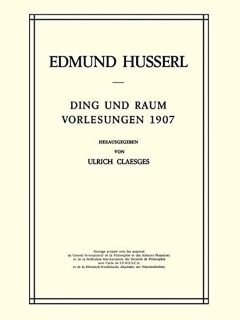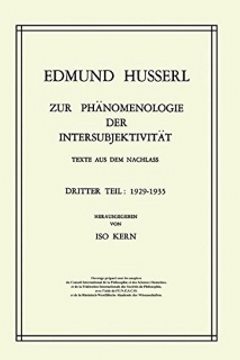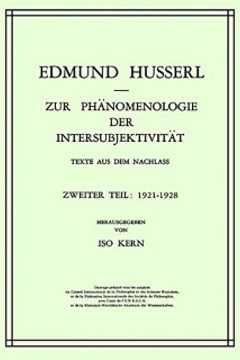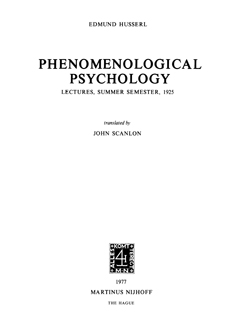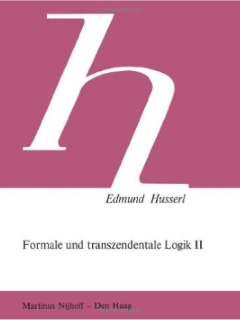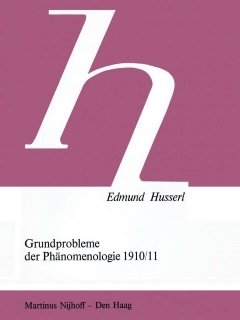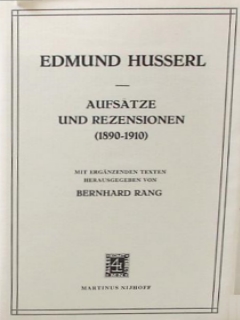
Married to
Malvine HusserlCHILDREN
Elli Husserl, Gerhart Husserl, Wolfgang HusserlStudent(s)
Ludwig Ferdinand Clauss, Hedwig Conrad-Martius, Eugen Fink, Dietrich von Hildebrand, Roman Witold Ingarden, Ludwig Landgrebe, Hendrik Pos, Gustav Špet, Edith SteinStudied with
Franz Brentano, Leopold Kronecker, Carl Stumpf, Karl Weierstraß, Wilhelm WundtColleague(s)
Wilhelm Dilthey, David Hilbert, Karl Jaspers, Leonard Nelson, Adolf Bernhard Philipp Reinach, Max SchelerReferences
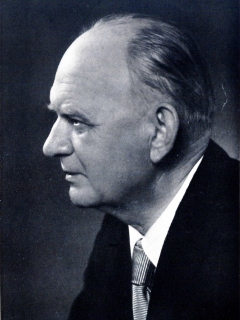
Ammann
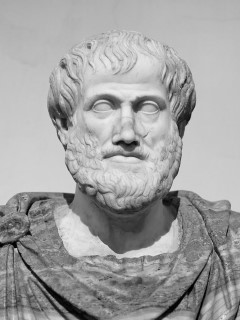
Aristote
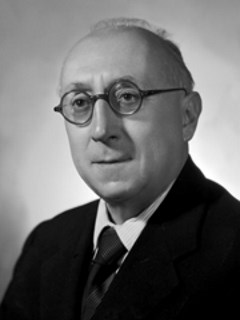
Banfi
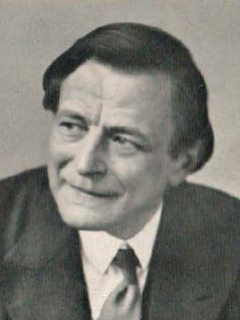
Barthel
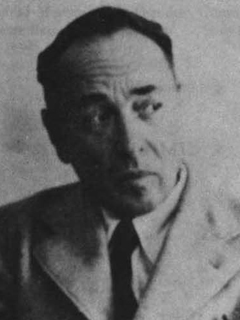
Beck
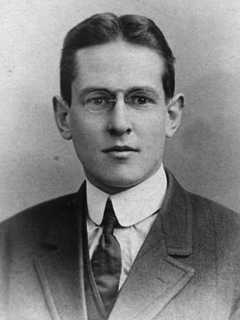
Bell
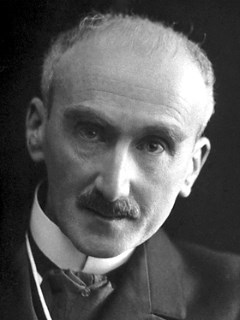
Bergson
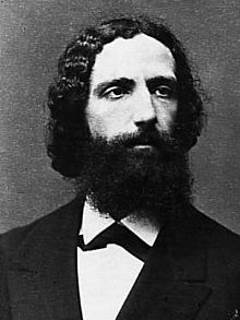
Brentano
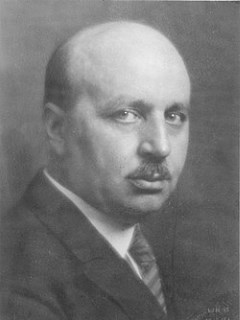
Bühler
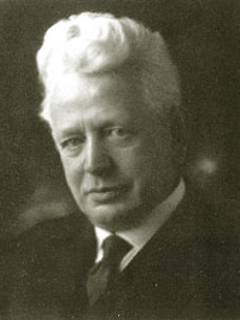
Cassirer
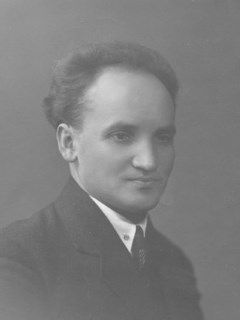
Celms
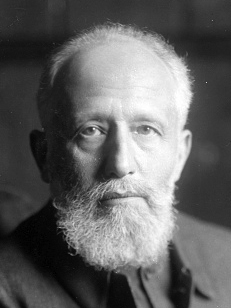
Cohn
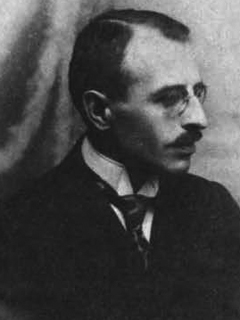
Conrad
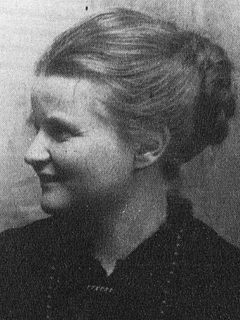
Conrad-Martius
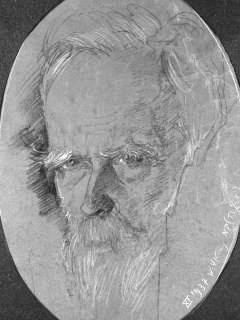
Cornelius
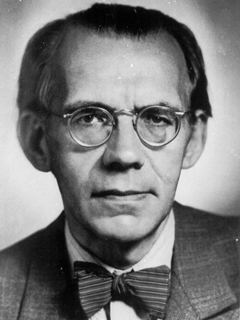
Čyževskij
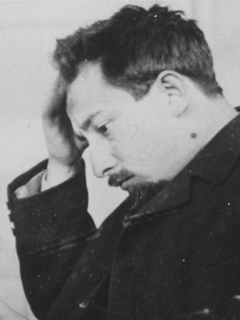
Daubert
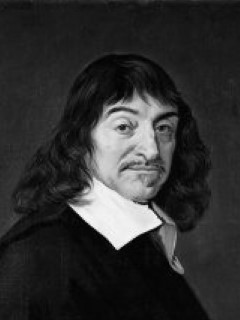
Descartes
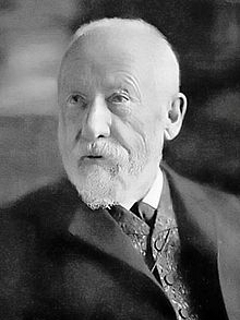
Dilthey
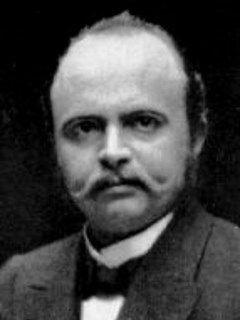
Driesch
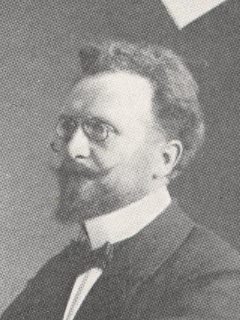
Dyroff

Eucken
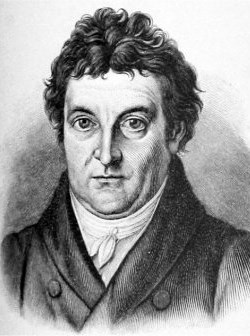
Fichte
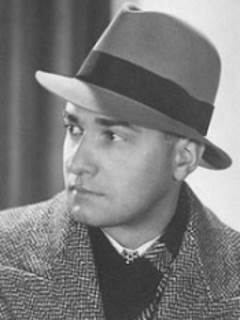
Fink
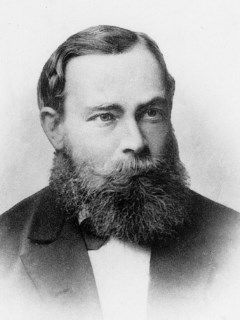
Frege
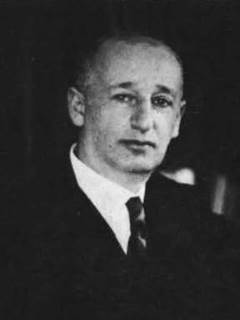
Geiger
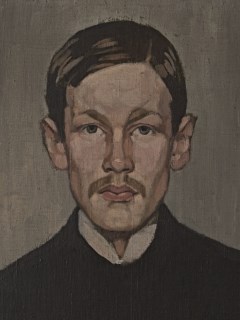
Groethuysen
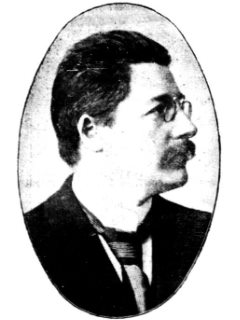
Groos
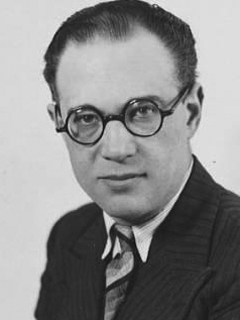
Gurwitsch
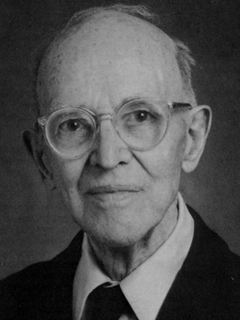
Hartshorne

Heidegger
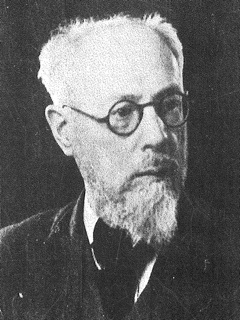
Hering
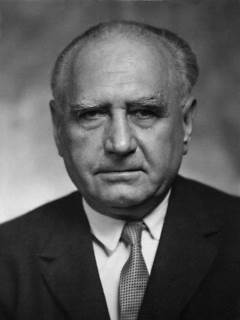
Ingarden
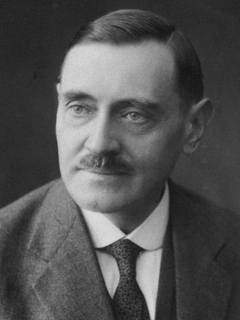
Jaensch
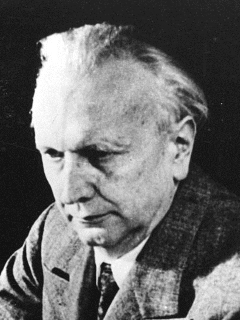
Jaspers
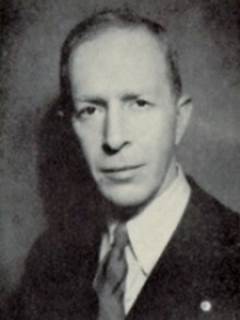
Koyré
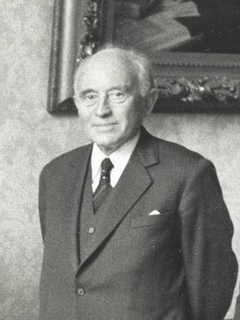
Landgrebe
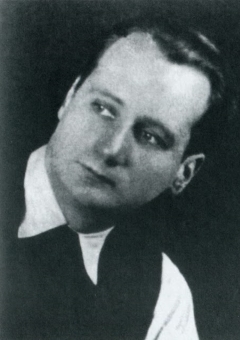
Landsberg
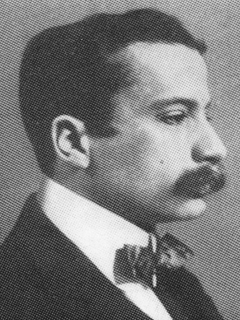
Lask
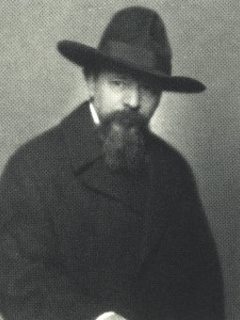
Lessing
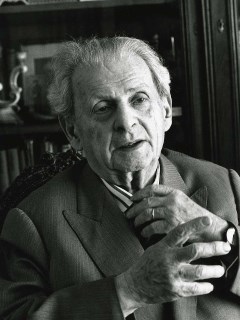
Levinas
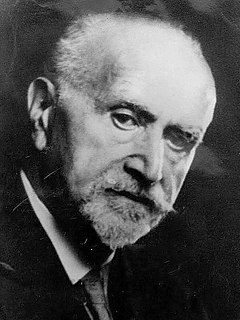
Lévy-Brühl
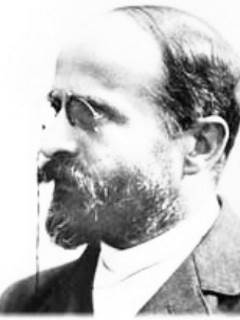
Lipps
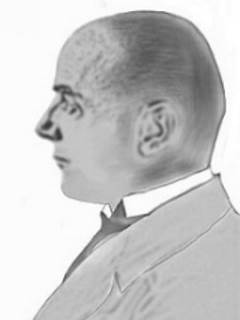
Lipps
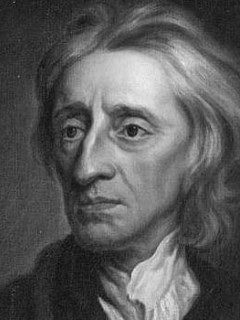
Locke
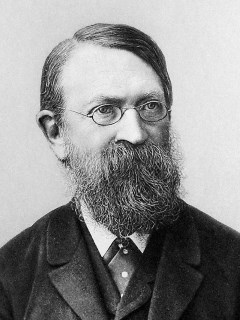
Mach
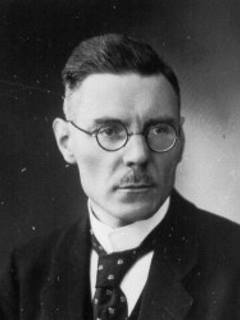
Mahnke
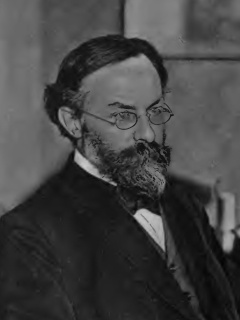
Marty
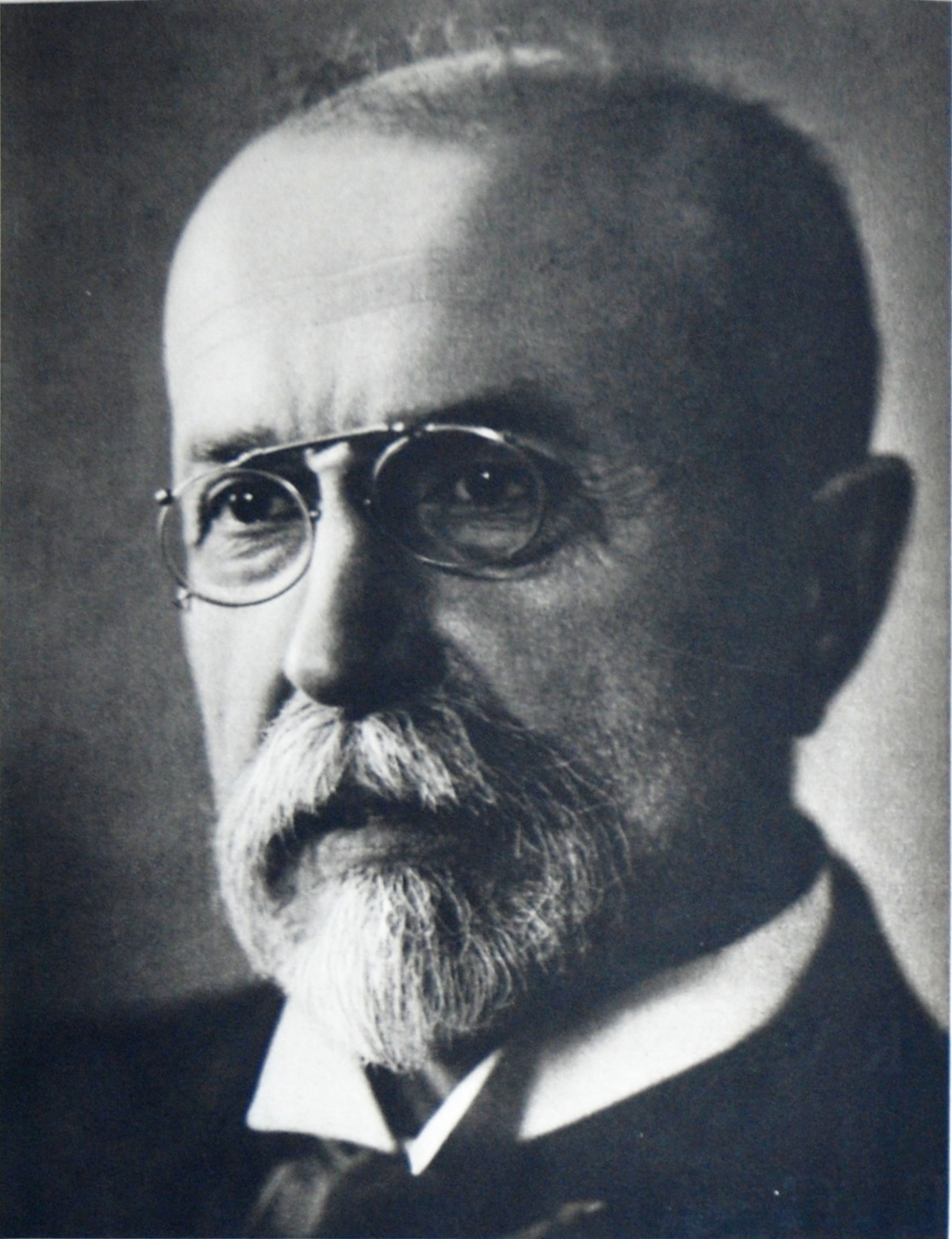
Masaryk
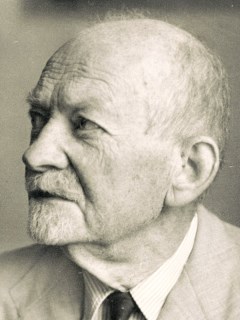
Medicus
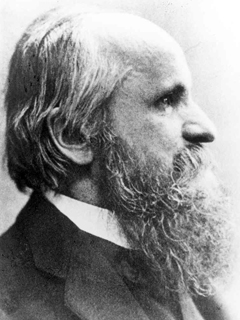
Meinong
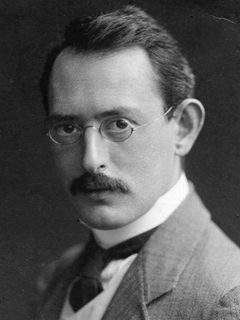
Misch
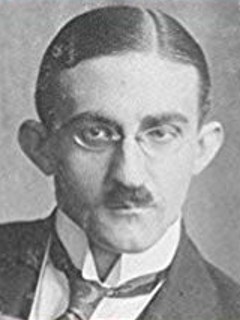
Moog
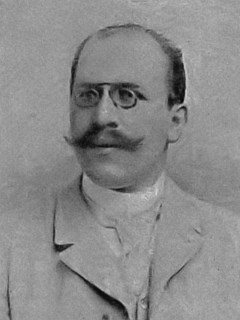
Münsterberg
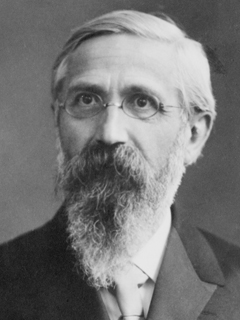
Natorp
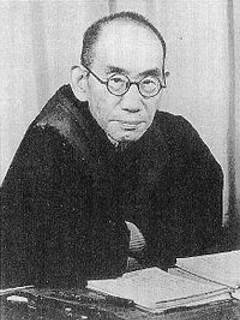
Nishida
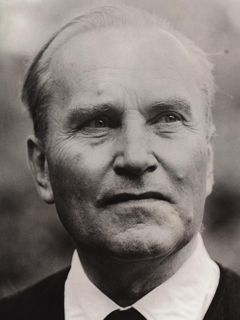
Patočka
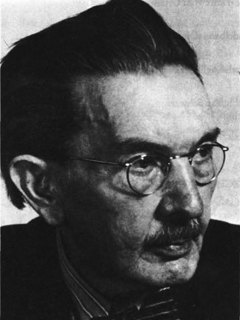
Pfänder
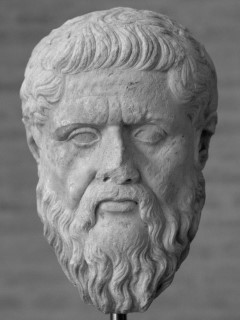
Plato
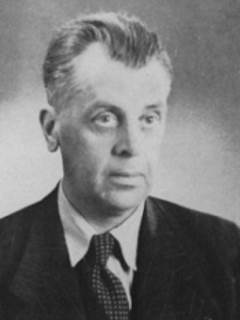
Pos
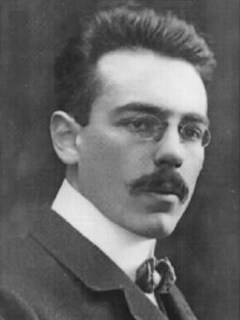
Reinach
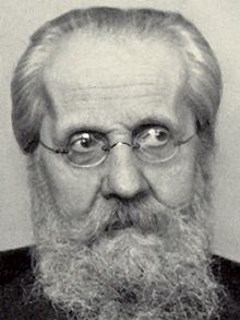
Rickert
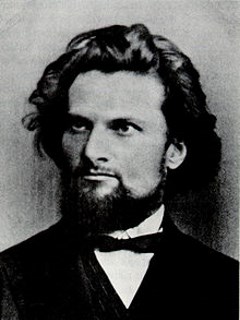
Riehl
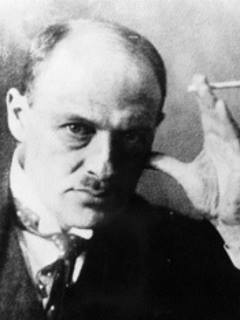
Scheler
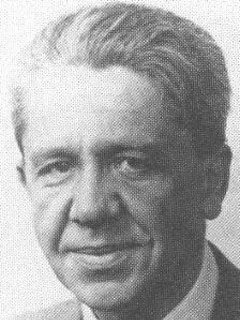
Schütz
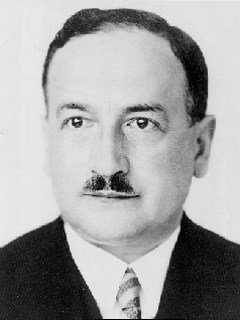
Selz
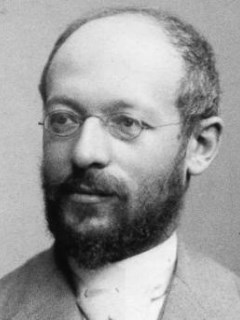
Simmel
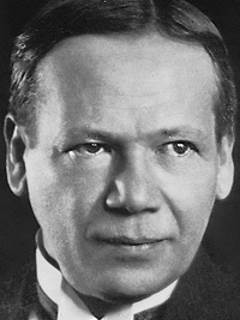
Špet
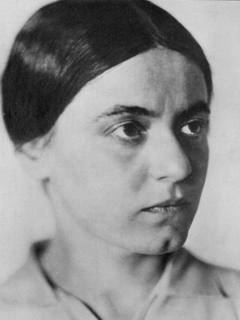
Stein
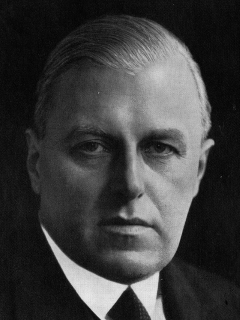
Stenzel
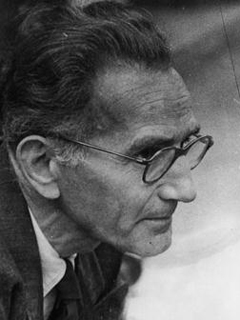
Stern
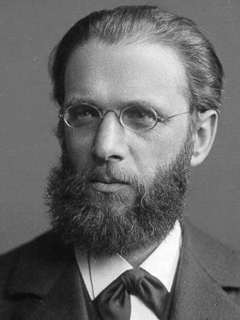
Stumpf
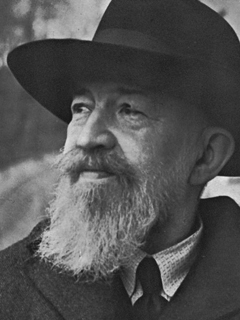
Twardowski
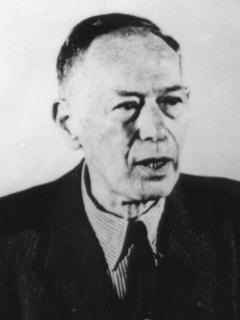
Utitz
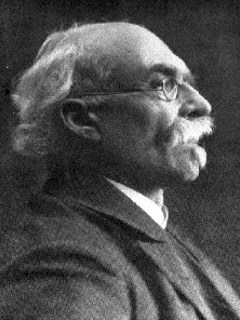
Vaihinger
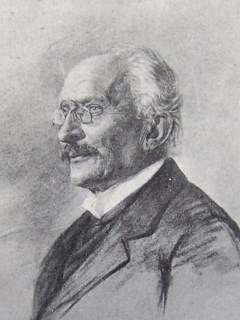
Volkelt
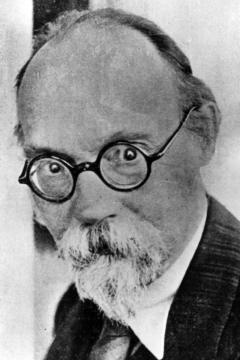
Von Aster
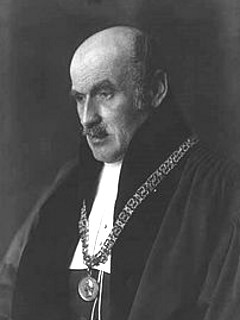
Voßler
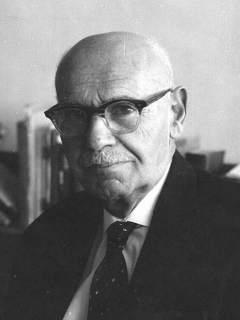
Weltsch
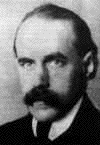
Wertheimer
Edmund Husserl
1859-1938
Austrian-German philosopher widely considered as the father of phenomenology and the phenomenological movement. In his early work, he elaborated critiques of historicism and of psychologism in logic based on analyses of intentionality. In his mature work, he sought to develop a systematic foundational science based on the so-called phenomenological reduction (époché). Husserl's thought profoundly influenced the landscape of twentieth-century philosophy and he remains a notable figure in contemporary philosophy and beyond.
(1970-1979)
X1970
Journal of the British Society for Phenomenology 1/1
 Philosophie première (1923-24) I: Histoire critique des idées
Philosophie première (1923-24) I: Histoire critique des idées1970
Paris, Presses Universitaires de France
 The crisis of European science and transcendental phenomenology: An introduction to phenomenological philosophy
The crisis of European science and transcendental phenomenology: An introduction to phenomenological philosophy1970
Evanston, IL, Northwestern University Press
 Expérience et jugement: Recherches en vue d'une généalogie de la logique
Expérience et jugement: Recherches en vue d'une généalogie de la logique1970
Paris, Presses Universitaires de France
 Philosophie première (1923-24) II: théorie de la réduction phénoménologique
Philosophie première (1923-24) II: théorie de la réduction phénoménologique1972
Paris, Presses Universitaires de France
1974
Philosophy and Phenomenological Research 35
 Introduction to the Logical investigations: a draft of a preface to the Logical investigations (1913)
Introduction to the Logical investigations: a draft of a preface to the Logical investigations (1913)1975
with Fink Eugen
Dordrecht, Springer
 Introduction to the Logical Investigations: A draft of a preface to the Logical Investigations (1913)
Introduction to the Logical Investigations: A draft of a preface to the Logical Investigations (1913)1975
Den Haag, Nijhoff
1976
Revista venezolana de filosofía 4
 Ideen zu einer reinen Phänomenologie und phänomenologischen Philosophie: Ergänzende Texte (1912-1929)
Ideen zu einer reinen Phänomenologie und phänomenologischen Philosophie: Ergänzende Texte (1912-1929)1976
Den Haag, Nijhoff
1977
in: Readings on Edmund Husserl's Logical Investigations, Den Haag : Nijhoff
1977
in: Readings on Edmund Husserl's Logical Investigations, Den Haag : Nijhoff
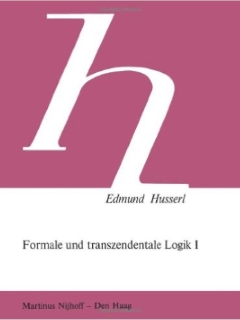 Formale und transzendentale Logik I: Versuch einer Kritik der logischen Vernunft
Formale und transzendentale Logik I: Versuch einer Kritik der logischen Vernunft1977
Den Haag, Nijhoff
1978
Grazer Philosophische Studien 6
1979
Husserliana

